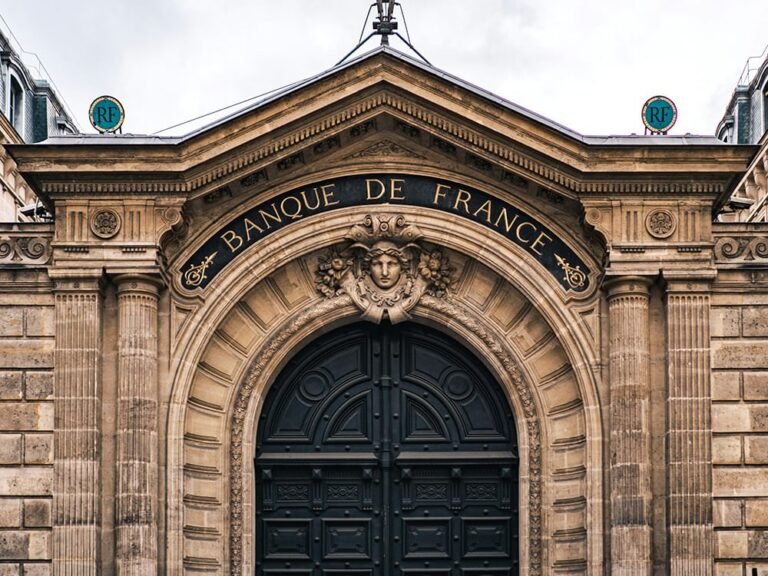save
How do you translate “to save” into French? It depends on what you’re saving. If you’re saving someone in the sense of rescuing them, use “sauver.” If you’re saving money by spending less, use “économiser.” If you’re saving money by putting money aside, then use “épargner.” If you’re saving time, use “gagner.” If you’re saving…









